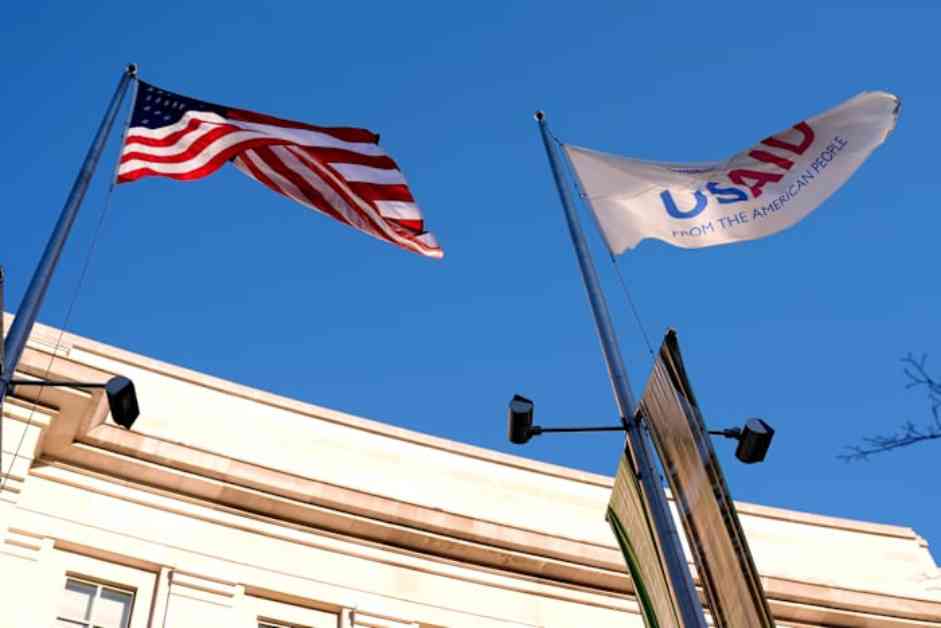In a recent turn of events, the U.S. Agency for International Development, commonly referred to as USAID, has found itself at the center of controversy, drawing attention from both President Donald Trump and entrepreneur Elon Musk. The agency, established during the Cold War era by President John F. Kennedy, has long been a crucial player in delivering humanitarian assistance worldwide. However, recent actions taken by the Trump administration have left aid organizations in limbo, questioning the future of essential programs that provide nutritional assistance to vulnerable populations.
The History and Impact of USAID
USAID was born out of the need for a more efficient and streamlined approach to countering Soviet influence during the Cold War. President Kennedy envisioned an agency that could effectively deliver foreign assistance, bypassing the bureaucratic hurdles of the State Department. Since its inception in 1961, USAID has evolved to become a cornerstone of U.S. foreign policy, with supporters arguing that its presence in countries helps counter the influence of global powers like Russia and China. However, critics have raised concerns about the agency’s effectiveness and the promotion of a liberal agenda through its programs.
The Trump Administration’s Actions and Controversies
Since taking office, President Trump has implemented a freeze on foreign assistance, leading to the suspension of thousands of programs worldwide. Senior officials have been placed on leave, contractors laid off, and confusion has arisen over which programs are exempt from the freeze. The administration’s crackdown on government spending has hit USAID particularly hard, leaving aid workers and recipients in a state of uncertainty. Secretary of State Marco Rubio has attempted to salvage strictly life-saving emergency programs amidst the chaos, but the future of USAID remains uncertain.
Elon Musk’s Critique and the Humanitarian Impact
Entrepreneur Elon Musk has taken aim at USAID, accusing the agency of funding deadly programs and labeling it a “criminal organization.” This criticism comes as a part of Musk’s broader initiative to cut government spending and increase efficiency. The repercussions of the freeze on USAID funding are already being felt in regions like Sub-Saharan Africa and Latin America, where critical programs supporting HIV patients, migrants, and LGBTQ+ youth have been disrupted. The aid community is struggling to quantify the full extent of the impact, with thousands of programs shuttered and workers furloughed or laid off.
The Future of USAID and Foreign Aid Spending
As the debate over USAID’s future continues, questions loom over the fate of the agency and the broader landscape of foreign aid spending. The U.S. currently allocates roughly $40 billion annually to foreign aid, making it a key player in global humanitarian efforts. Public opinion on foreign aid spending varies, with many Americans expressing concern about overspending on international assistance. However, polls have shown that perceptions of the actual budget allocation to foreign aid are often inflated, highlighting the need for greater awareness and transparency in government spending.
In conclusion, the fate of USAID hangs in the balance as the agency navigates a tumultuous period of uncertainty and scrutiny. With conflicting views on its role and impact, USAID’s future remains uncertain, leaving aid organizations and recipients in a state of flux. As the Trump administration continues its crackdown on government spending and foreign aid, the humanitarian implications of these decisions reverberate globally. The debate over USAID’s fate underscores the complex interplay between politics, policy, and humanitarian efforts in an increasingly interconnected world.















